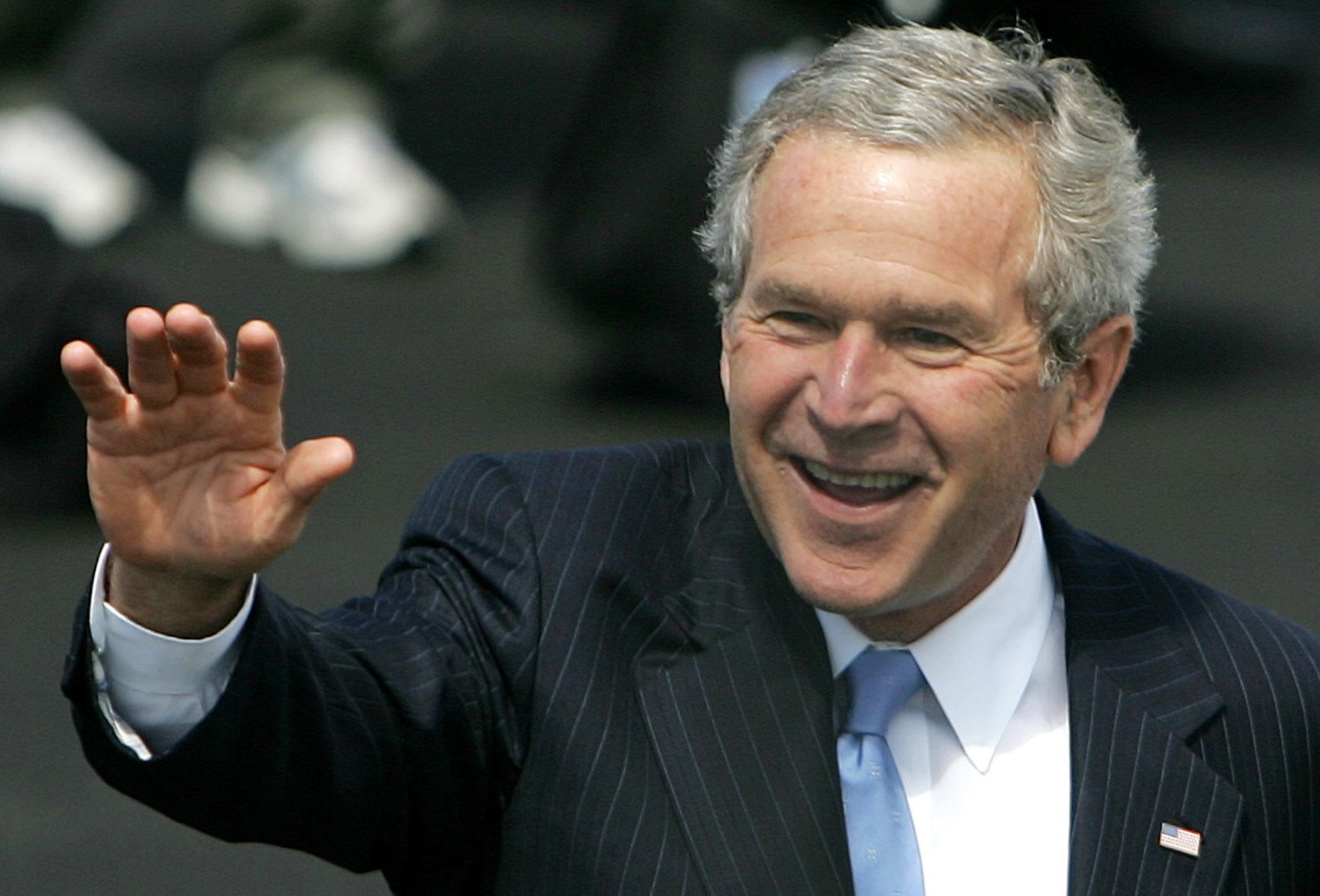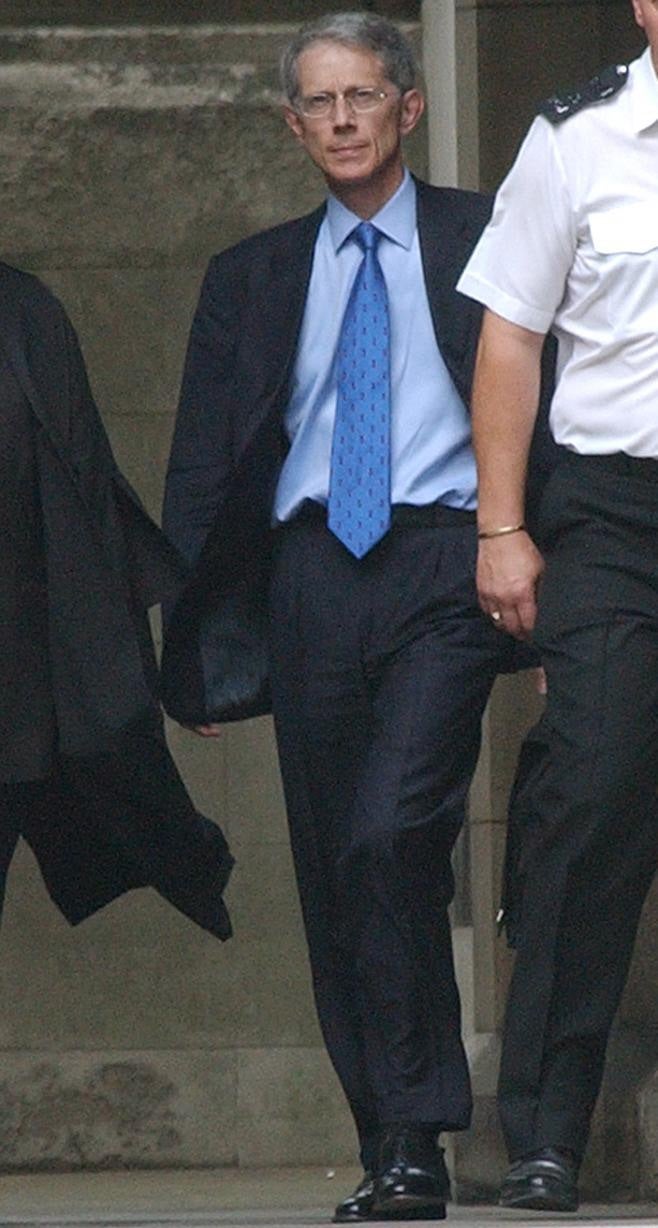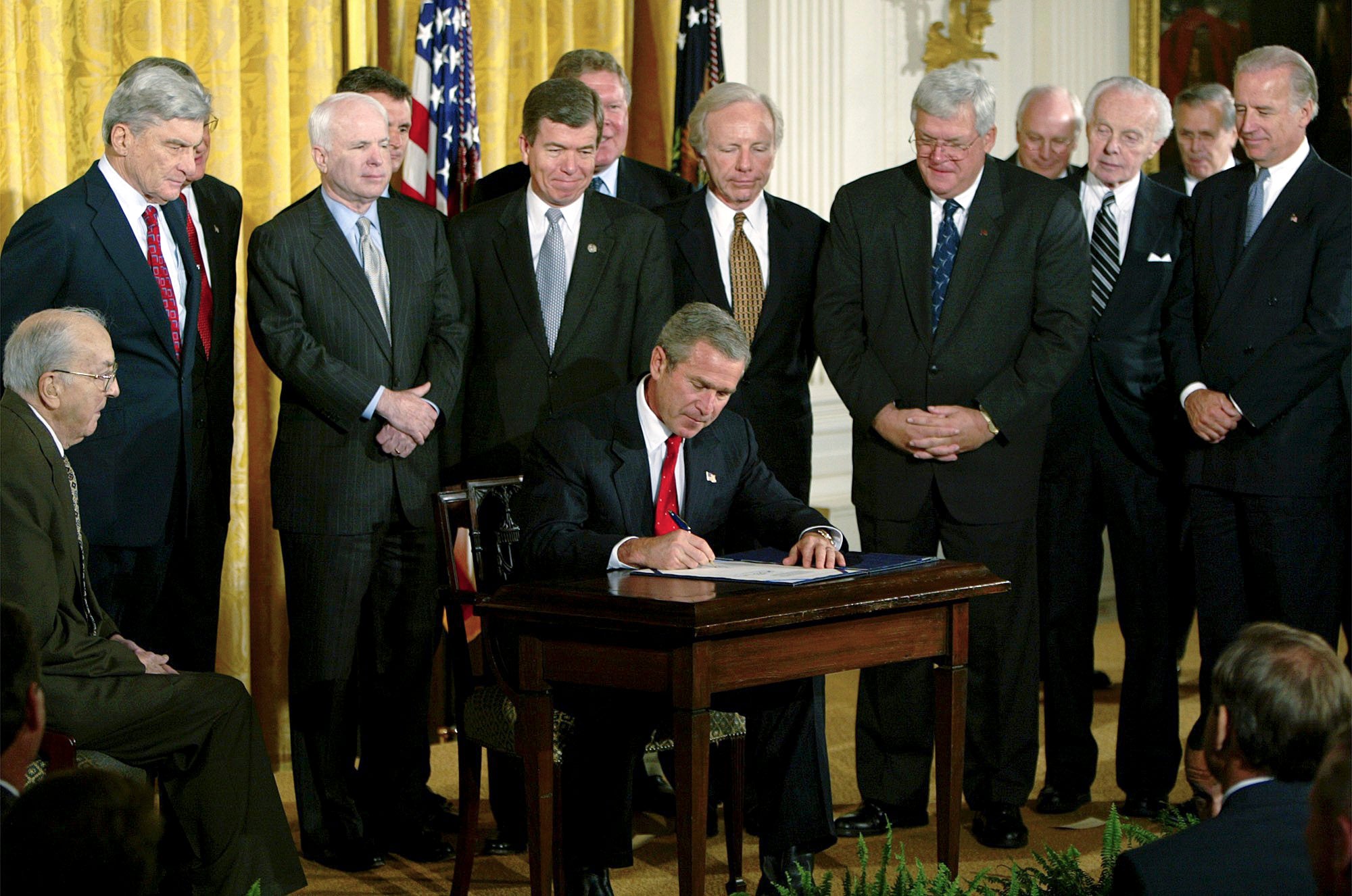George Bush believed he was on a ‘mission from God’ in Iraq war
The UK was warned about the President by the former deputy secretary of state

Your support helps us to tell the story
From reproductive rights to climate change to Big Tech, The Independent is on the ground when the story is developing. Whether it's investigating the financials of Elon Musk's pro-Trump PAC or producing our latest documentary, 'The A Word', which shines a light on the American women fighting for reproductive rights, we know how important it is to parse out the facts from the messaging.
At such a critical moment in US history, we need reporters on the ground. Your donation allows us to keep sending journalists to speak to both sides of the story.
The Independent is trusted by Americans across the entire political spectrum. And unlike many other quality news outlets, we choose not to lock Americans out of our reporting and analysis with paywalls. We believe quality journalism should be available to everyone, paid for by those who can afford it.
Your support makes all the difference.A senior US official warned that George W Bush believed he was on a “mission from God” to crush Iraqi insurgents, according to newly released UK government files.
Richard “Rich” Armitage, the former deputy secretary of state, told Britain’s ambassador at the time, Sir David Manning, the president had to be given a “dose of reality” after demanding US forces “kick ass” in the face of rising Iraqi resistance.
In an extraordinarily frank conversation, Mr Armitage dismissed claims by the US commander in Iraq that he could put down a major uprising in the city of Fallujah within days as “bullshit” and “politically crass”.
The papers, released to the National Archives in Kew, west London, show Mr Armitage appealed to former prime minister Tony Blair to use his influence with Mr Bush and persuade him there needed to be a wider “political process” if order was to be restored.

In May 2003, the president famously declared “mission accomplished” following the overthrow of the Iraqi dictator Saddam Hussein by US and British coalition forces.
Less than one year later much of the country was in the grip of violent insurgency, with US troops engaged in a bloody battle in Fallujah where militants had ambushed and killed four private military contractors.
After their burned and mutilated bodies were displayed hanging from a bridge over the Euphrates river, the US launched Operation Vigilant Resolve to regain control.
Within one week US troops had taken around one third of the city, but their tactics caused dismay among politicians on the Iraqi governing council (IGC), which had been set up by the coalition following the fall of Saddam.
In a private meeting with the then-British ambassador on April 14 2004, Mr Armitage – deputy to secretary of state Colin Powell – said that, egged on by his generals, Mr Bush had initially “wanted to kick ass” with US marines occupying the entire city.

But he was warned by Paul Bremer, the leader of the coalition provisional authority, that such a course of action would lead to the collapse of the IGC, damaging hope of establishing an independent Iraqi administration.
“Faced with this ‘dose of reality’, Bush backed off,” Sir David reported.
“Rich summed it all up by saying that Bush still thought he was on some sort of a mission from God, but that recent events had made him ‘rather more sober’.”
Mr Armitage was scathing about the overall US commander, General John Abizaid, who claimed there were around 1,000 insurgents in Fallujah still to be “dealt with” after his forces detained 200 Iraqis and 100 foreigners.
He had told Mr Bush that he could finish the job “in two or three days” if he was authorised to use “precision attacks” followed by marines conducting house-to-house searches and the imposition of martial law.
“Rich said Abizaid had been talking bullshit. He could not possibly know how many insurgents were in Fallujah nor how to find them,” Sir David wrote.
“Ideas for precision targeting and marine occupation were politically crass.”
Overall, Sir David said Mr Armitage believed the US was “gradually losing on the battlefield” and that it was “inevitable” the administration would have to send more troops which would be “politically ugly” for Mr Bush.
He said the president had come to accept that the UN and its envoy, Lakhdar Brahimi, now offered the only “exit strategy” for the US, despite being subject to “constant argument” from vice-president Dick Cheney that they were “contributing to the problems”.
“Rich said it followed that he hoped the prime minister would urge Bush to deal with Fallujah as part of a carefully judged political process, and that he would also underline the critical importance for all of us of Brahimi and the UN,” Sir David noted.
Two weeks after their meeting, the US, under pressure from the IGC, finally called off the offensive in Fallujah.
The US lost 27 troops, while around 200 insurgents and some 600 Iraqi civilians were thought to have been killed.
Coalition forces took the city in a second offensive launched in November 2004. American troops remained in Iraq until 2011.
Join our commenting forum
Join thought-provoking conversations, follow other Independent readers and see their replies
Comments